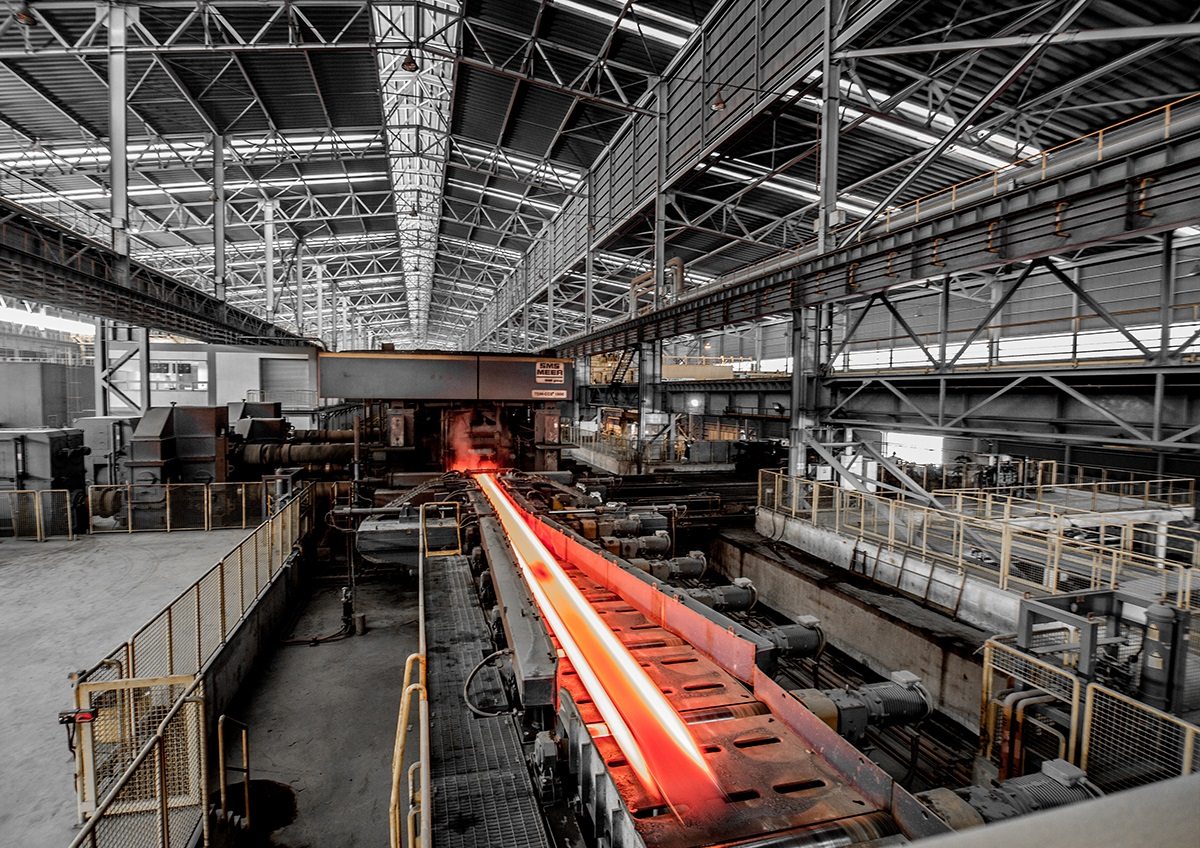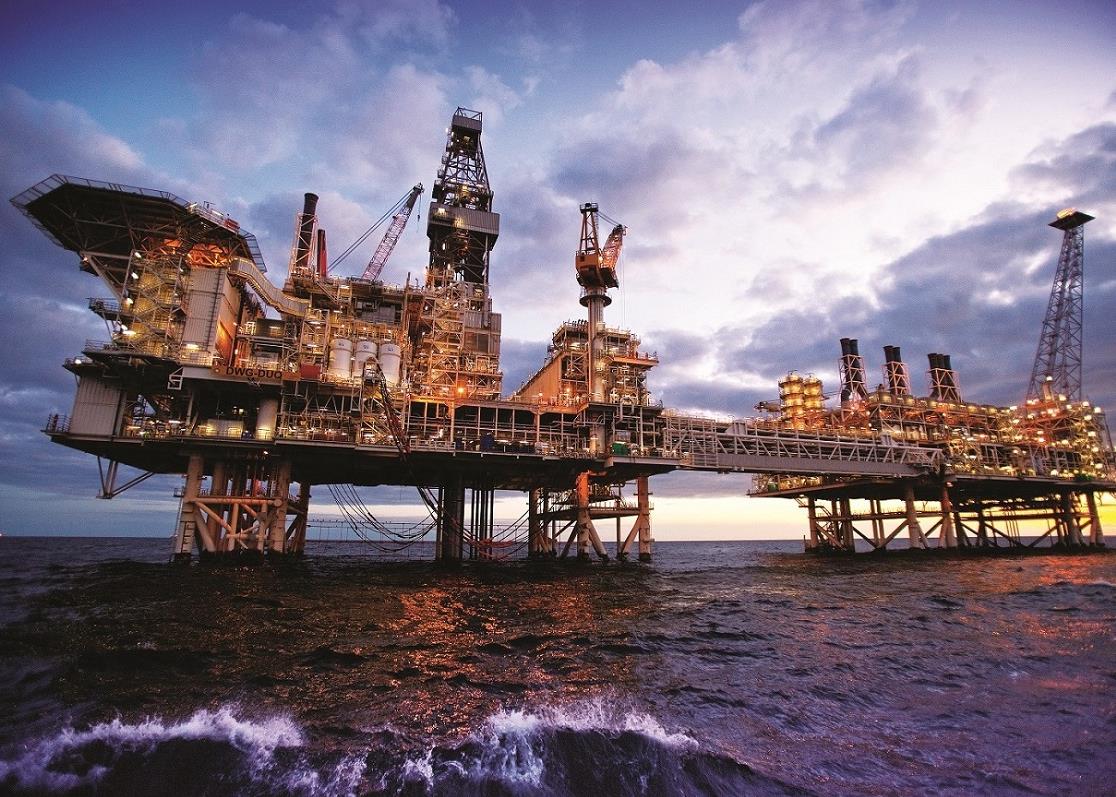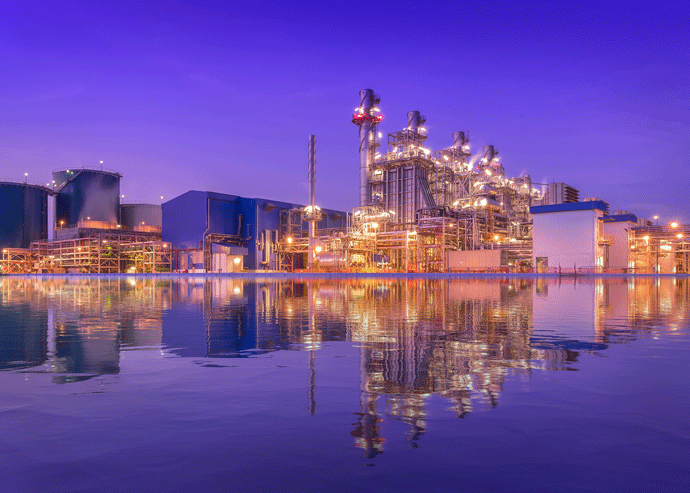

Bahrain-based steelmaker says GCC push to diversify will create new opportunities for structural steel producers
Bahrains Sulb has faced a challenging four years since it started up operations in the Hidd industrial area of Manama, increasing production at a time of volatility in the GCC regions construction markets.
The company a 51:49 joint venture of GCC industrial conglomerate Foulath and Japanese steel producer Yamato Kogyo has increased output each year since 2013, achieving record sales last year.
Sulb operates plants in two countries. The larger operation in Bahrain comprises a direct reduced iron (DRI) plant, a melt shop and a heavy and medium section rolling mill.
The second, a light and medium structural rolling mill in Jubail, Saudi Arabia, was acquired by the company in 2011. The former United Gulf Steel (UGS) operation is now known as Saudi Sulb and has a capacity of 450,000 tonnes a year (t/y).
Sulbs CEO Pascal Genest was appointed in August 2016 after a decade of senior management at the worlds largest steel company ArcelorMittal. Genest is familiar to the ups and downs of the construction sector and the impacts of the global oversupply of steel.
The first part of last year saw good prospects in terms of sales volumes but in the second part starting in May we saw a big slowdown in the construction market, Genest told MEED in an interview on 3 April at the companys Hidd headquarters. The biggest slowdown was in Saudi Arabia with a combination of fewer projects and a shortage of cash for many customers.
We have started 2017 in a trend that is not very different to the second half of last year, but there has been no further slowdown so we strongly believe we have reached the bottom, and things are on the verge of progressing, added Genest. Many projects are still in the pipeline. The issue now is confirming that the financing is in place and that the customer can confirm the date of realisation of the projects.
Sulb is contributing to several key projects under way in the GCC including the Bahrain International Airport extension, the capacity expansion at Aluminum Bahrain (Alba), the metro system in Riyadh and the Oman Renaissance Museum in Nizwa.
Diversification push
The fall in the global crude price from the second half of 2014 has impacted government infrastructure spending in oil-producing Middle East countries.
However the push for governments including Saudi Arabia to diversify economies away from oil could also drive spending in new and innovative sectors, creating demand.
All economies and governments have taken actions to reduce dependency on oil. Projects for the development of other industries will require more warehouses and infrastructure so will require more structural steel, said Genest.
Sulb typically supplies more than half of its products to the Saudi market, a third to the UAE and other GCC countries, and exports less than 10 per cent out of the GCC.
The largest sector for the consumption of structural steel is in non-residential construction, according to Genest. Residential projects in the GCC are typically concrete-based project which consume steel in the form of reinforcing bar (rebar). Sulb also supports engineering, procurement and construction contractors on major oil and gas projects in Saudi Arabia.
Before the Middle East had its own structural steel producers, the region was missing a consistent quality of products as no one was committed in the long term as a supplier
Concrete has historically been the dominant solution for construction in the region and still is today. Now companies know they can base their strategy on structural steel-based solutions and know they have an available supplier committed in the long term, said Genest.
This is a big opportunity for Sulb and other structural steel producers in the region as the share of structural steel compared to concrete is low compared to other regions in the world, he added.
The CEO said that in other markets such as the UK, producers work with architects and universities to explain the benefits of the products. In the Middle East, there are opportunities to develop structural steel.
The GCC big cities have developed amazing landscapes and structural steel has a role to play in iconic buildings like museums and conference centers, and energy efficient innovative buildings, he said.
Dumping and energy costs
The GCC steel industry as a whole has seen an influx of low-priced products from China and other markets where overcapacity leads to dumping. Some regional producers are calling for more protection from governments.
In a fair game environment we would not need any protection in the region as we have a competitive plant in terms of efficiency and use of raw materials and in terms of logistics. But we have to be careful of predatory actions from countries that are selling to export at lower prices than in the local market, said Genest.
Today there is little protection in the GCC. For structural steel there is an import duty of 5 per cent which is low and many steel fabricators are exempted. This makes the Middle East an easy market to dump products, he added.
In addition to potential unfair competition from importers, the GCC steel industry is also facing higher production costs as governments raise fuel and electricity prices.
Competitive sources of energy are a must in the recently-built steel industry, said Genest.
Although Sulb is considering ways to expand its operations, the focus for 2017 will be to further establish itself in the region.
For 2017, the focus of Sulb is to build from its strong reputation and to grow its core markets of heavy sections, small sections and merchant bars in all countries of the GCC, and in the wider region such as Jordan, said Genest.
You might also like...

Adnoc Offshore awards Upper Zakum contract
17 April 2024

Oman awards Batinah coastal road contract
17 April 2024

Oman appoints Al Khuwair Downtown project manager
17 April 2024
A MEED Subscription...
Subscribe or upgrade your current MEED.com package to support your strategic planning with the MENA region’s best source of business information. Proceed to our online shop below to find out more about the features in each package.









